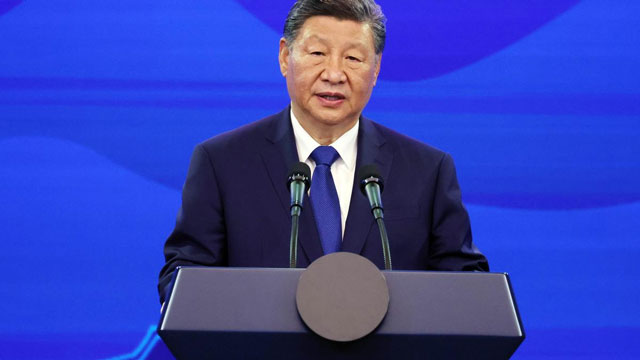Daijiworld Media Network – Gyeongju
Gyeongju, Nov 3: Chinese President Xi Jinping took centre stage at the APEC Leaders’ Summit in Gyeongju, South Korea, on Saturday, pitching a proposal for a global body to govern artificial intelligence (AI) and portraying China as an alternative to the United States in global trade and technology cooperation.
Xi called for the establishment of a World Artificial Intelligence Cooperation Organization, saying it would help formulate governance rules, enhance collaboration, and ensure AI serves as a “public good for the international community.”

“Artificial intelligence is of great significance for future development and should be made for the benefit of people in all countries and regions,” Xi said, as quoted by Xinhua News Agency. Chinese officials suggested that the proposed body could be headquartered in Shanghai, the nation’s commercial hub.
The United States has rejected global regulatory mechanisms for AI, preferring domestic and regional frameworks. However, China’s proposal comes as it ramps up its influence over emerging technologies and promotes what it calls “algorithmic sovereignty.”
U.S. President Donald Trump did not attend the APEC summit, returning to Washington following a bilateral meeting with Xi, where both leaders reached a one-year deal to partially roll back trade and technology restrictions that had strained ties between the world’s two largest economies.
In Trump’s absence, Xi used the APEC platform to promote China’s model of multilateralism, calling for free and open trade, especially in green technologies such as solar panels and batteries, where China maintains a strong global presence.
The summit concluded with APEC members adopting a joint declaration and agreements on AI cooperation and managing ageing populations. China will host the 2026 APEC Summit in Shenzhen, a manufacturing powerhouse known for its advances in robotics and electric vehicle production.
Founded in 1989, APEC brings together 21 member economies that collectively account for half of global trade, serving as a key platform for economic dialogue across the Asia-Pacific region.